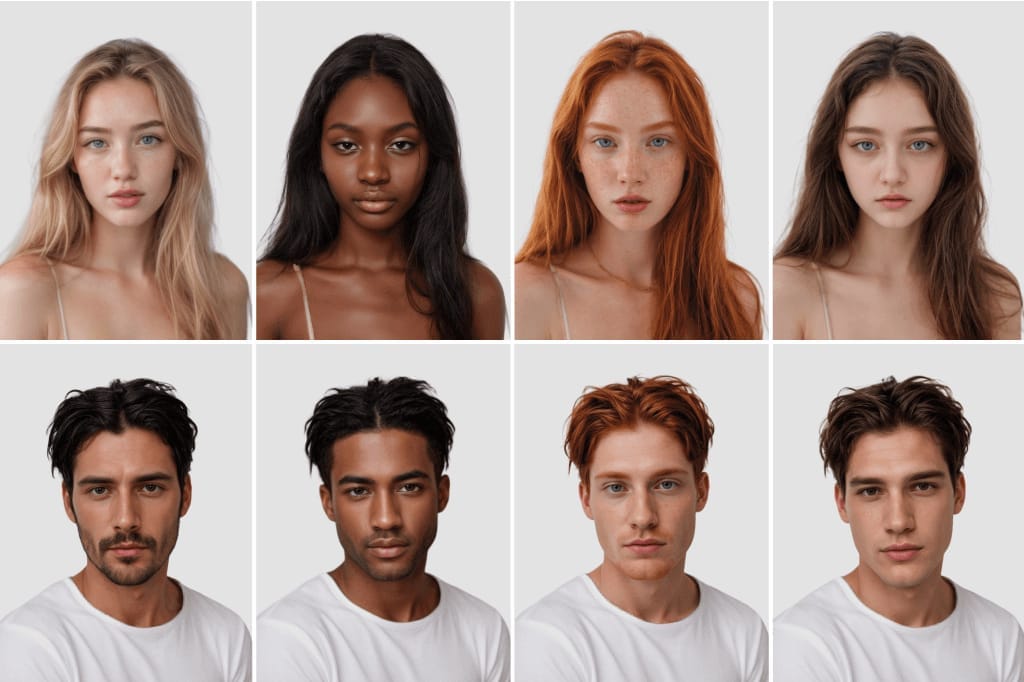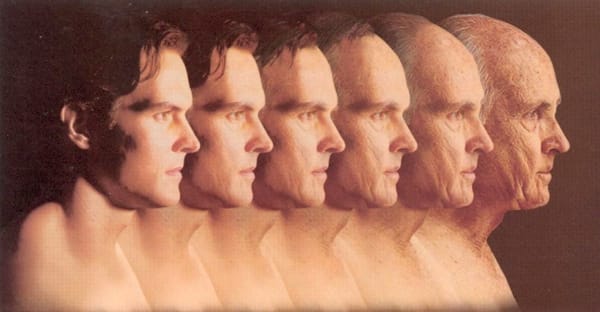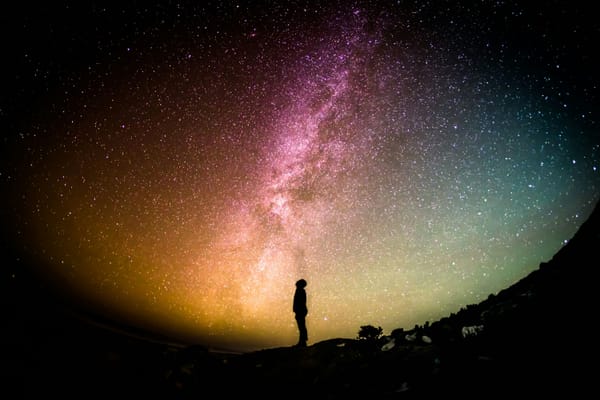Artificial Perfection: The Consequences of AI-Generated Models in the Fashion Industry

Arguably, Vogue has been the blueprint for fashion magazines since its rise to prominence in the 20th century. Since then, designers, fashion fanatics, and everyday people alike have held Vogue in high regard. Despite tremendous changes throughout its years of publication, the magazine's reputation remains intact. Or so we thought.
The August issue of Vogue USA has recently come under fire for what some readers say is an insult to the magazine's core values. At first glance, this issue seems no different from others. It features a glamorous celebrity photoshoot on the cover and gorgeous, otherworldly models inside. If you’re not careful, you might not even notice anything amiss.
The issue lies within an ad for the well-known company, Guess. The woman in the advertisement is what you expect from a magazine all about beauty and fashion. Beautiful, and, well, fashionable. She’s so beautiful, something seems off. She seems unreal.
That’s because she isn’t. In the corner of the advert, small text reveals that this model was created by AI.
Further research reveals that this isn’t the first time Seraphinne Vallora, the company responsible for generating this image for Guess, has been involved in the fashion industry. They have created advertisements featured in multiple publications, including Harper’s Bazaar, Elle, and The Wall Street Journal. Sketchers had also once run an AI ad in Vogue, proving this isn’t the first time that generative AI and fashion had mixed.
The well-known environmental effects of generative AI are a clear issue, but I’ll be talking more about the social repercussions in this article. As we see the fashion industry lean more and more towards AI, more problems arise for the people working in said industry.
Modeling is already an incredibly difficult field to succeed in. Despite the progress that has been made in the 2010s with the inclusion of different looks and body types in modeling, it is still extremely hard, if not nigh impossible, for the average person to even get work, especially in high fashion modeling. Now, models potentially have to compete, not only with all the other models attempting to book the job, but a perfect AI image with no flaws whatsoever. This could do tremendous harm to an individual who works in a setting where their worth is solely based on the way they look.
This is just “another kick in the teeth,” according to plus-size model Felicity Hayward, who has been in the modeling industry for over a decade. According to Hayward, despite the improvement the world saw during the 2010s, the industry has been falling back to its old ways, because “people are just not getting booked anymore.”
This doesn't just affect models. There’s a good chance that it may also cause irreparable damage to average readers. In this digital age, it's all too easy for people to judge others' appearance. The anonymity of the internet allows people to comment hatefully in ways they wouldn't dare to do in person. Look under any post that shows a person’s face, and you’ll be sure to see backhanded compliments or insults, such as “6/10,” “mid,” “chopped,” along with a myriad of other things. If AI becomes more prevalent than it already is in fashion, beauty standards could quickly get out of hand. With the pressure to look like someone who is simply not real, this could quickly deteriorate someone’s self-image.
Although using AI models allows a company full control of every minuscule thing, down to the last generated gene, we must think. Is this right? Is it right to allow AI into such an overtly creative space? Is it right to force real people to compete with these flawless images on a page? Is it really worth it?




